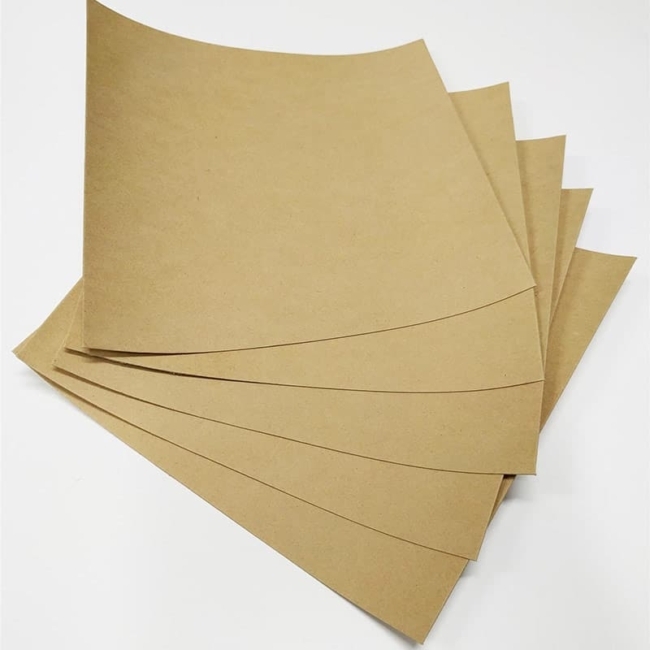Gasket Paper Pads

Gasket Paper Pads
Advanced Seals & Gaskets Ltd are one of the UK’s leading manufacturers of quality cut pads, produced using one of our many non-metallic materials including various types of Fibre Jointing materials, one of which is Gasket Paper (used to manufacture gasket paper pads), sometimes also called fibre jointing paper, which is manufactured in thicknesses from 0.15mm up to 6.4mm in continuous rolls in various lengths which depend upon the thickness from which gasket paper pads can be cut.
As we carry out all our conversions on-site, we can cut these or sheets of material down into bespoke sized gasket paper pads, regardless of the size and quantity of pads required, we have a number of presses, bandsaws or CNC machines that can be used to manufacture the final product.
From one-off samples to multiple 1000 batches runs, which depending on the pad size can be supplied as loosely cut parts or kiss-cut on rolls where a high quantity is required or for use on fast-paced assembly lines.
What are Fibre Jointing Gasket Paper Pads?
Gasket paper is a cellulose fibre base, which is impregnated with a plasticised (usually gelatine) chemical treatment that is resistant to oil, petrol, air, water, alcohol, grease and most solvents, suitable for the production of a range of sealing products including pads.
Using a selection of in-house machinery ASG can produce square or rectangular gasket paper pads with the option of radius corners, and also as circular or oval-shaped pads or ‘discs’, in a range of thicknesses.
Manufacturing gasket paper pads in-house means we can offer the option to supply them in a plain or self-adhesive backed finish.
Product Enquiry
For information on Gasket Paper Pads please complete the following quick enquiry or call us on +44(0)1384 252555.
Product Specification & Key Characteristics
- Thickness: from 0.15mm – 6.4mm
- Roll Size: varied between thicknesses, but can be cut into sheets or finished parts
- Max. recommended Temperature: +120°С
- Resistances: Oil, Petrol, water, grease (we do not recommend that it come into contact with alkalis, acids and steam)
Full technical data can be supplied upon request,
or downloaded from our online portal.
Why use Fibre Jointing Gasket Paper Pads?
Gasket Paper is an inexpensive gasketing and sealing material that can be used in many applications where the two mating surfaces are flat and good overall face compression can be achieved.
The compound used in the production of gasket paper makes it resistant to many liquids including oil, petrol, alcohol, grease, water and some solvent, which makes it perfect for cutting into gasket paper pads for use within the transport and automotive industries as seals or gaskets for fuels and oil pumps, oil pumps, thermostats and oil filters.
Benefits of using Fibre Jointing Gasket Paper
- Gasket paper pads are resistant to water, oil, air, petrol and grease
- Available in a range of thickness and roll lengths
- Gasket paper pads are easy to convert
- Can be supplied with a self-adhesive
- Excellent sealing capabilities
Advantages of using Gasket Paper Pads
Using Gasket Paper for the production of sealing pads offers a number of advantages, not only is it a cheaper alternative to some materials, but it is also resistant to many fluids, oils and air making it a perfect sealing material for use within the automotive industry and within pipework and some machinery.
Gasket Paper (used to manufacture gasket paper pads) is often the preferred material for automotive seal or gasket production for parts that are no longer available.
Gasket Paper is available in a range of thicknesses and roll sizes, all of which can be further cut down and converted into finished products (such as gasket paper pads), complete with a self-adhesive backing where required.
Fibre Jointing Gasket Paper Alternatives
There are many non-metallic materials that can be used in gasket or seal manufacturing, each with its own unique advantages and properties for use in different applications and environments, some of the popular ones include:
Natural rubber is water-resistant and offers great shock and vibration resistance properties. This material however is not recommended for use with fuels, oils or solvents.
Silicone rubber is weather resistance, flexible and offers electrical insulating properties and performs well at extreme temperatures.
Neoprene rubber has moderate resistance to UV, Ozone, weathering as well as grease fats and oils.
Neoprene sponge can be used for sealing against dust and water and is resistant to fuel, oil and other chemicals. Neoprene sponge offers a number of insulation properties as well as meeting UL94HF-1 fire ratings.
Cork is oil and solvent resistant, which is flexible and compressible. Its impermeable, buoyant and flame retardant, the idea for oil sealing gaskets.
Compressed non-asbestos was developed as a replacement for the more dangerous material asbestos. It’s a strong material offering resistance to heat (including steam), water, gas, oil, fuels and many chemicals.
Please contact us using the form below or by calling us on +44(0)1384 252555.





















